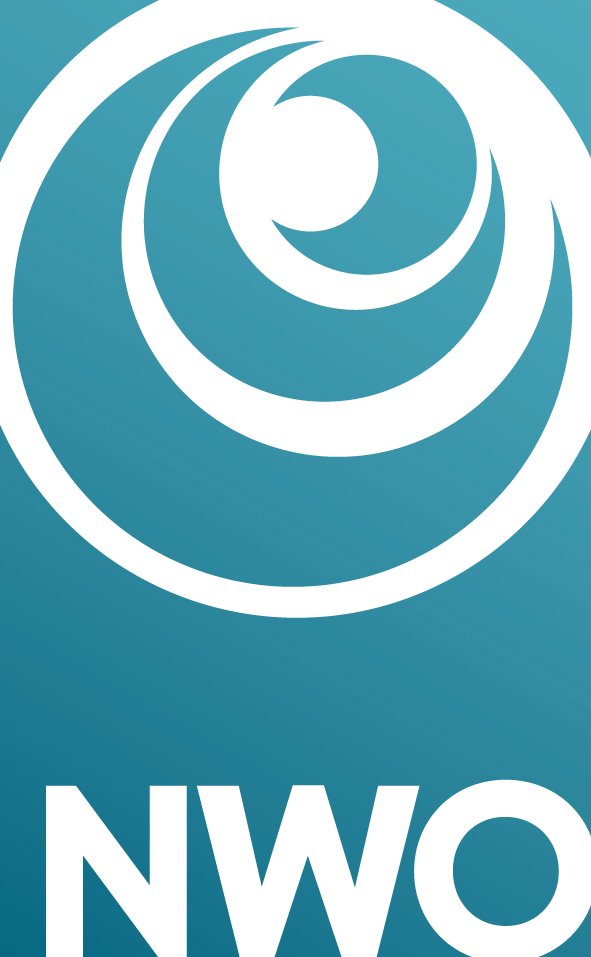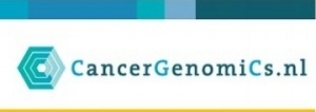NICE (the organisation that provides guidance to doctors in the UK) recently updated their recommendations regarding lower back pain. In the updated guidance, they say that exercise, in all its forms (for example, stretching, strengthening, aerobic or yoga), is the most important step in managing back pain. Previously, NICE also recommended acupuncture or massage, but this has now been altered. Massage can still be used alongside exercise, but the guidelines no longer recommend acupuncture, as "evidence shows it is not better than sham treatment".This is not entirely surprising as, despite widespread acceptance of acupuncture, the evidence that it works for any illness or disability is very scant (as I have described in a previous post). Most studies are poorly carried out, and many show no difference between it and sham acupuncture.Unfortunately, the authors of these studies often conclude that both acupuncture and sham acupuncture work, rather than the actual conclusion (that acupuncture doesn't work). If a medicine works no better than a sham medicine (a sugar pill for example), we cannot conclude that both the medicine and the sugar pill work.For those suffering from back pain, the new recommendations also encourages people to continue with normal activities as far as possible, and recommends that non-steroidal anti-inflammatory drugs (NSAIDs) such as ibuprofen or aspirin should be tried. Unfortunately, at present there is no evidence to back up other interventions.A recent study found that back pain caused more disability than any other condition, and is also responsible for 37% of all chronic pain in men and 44% in women. While it is understandable that people seek relief from their symptoms, it is obvious that the NHS can't fund a treatment that does not work.




